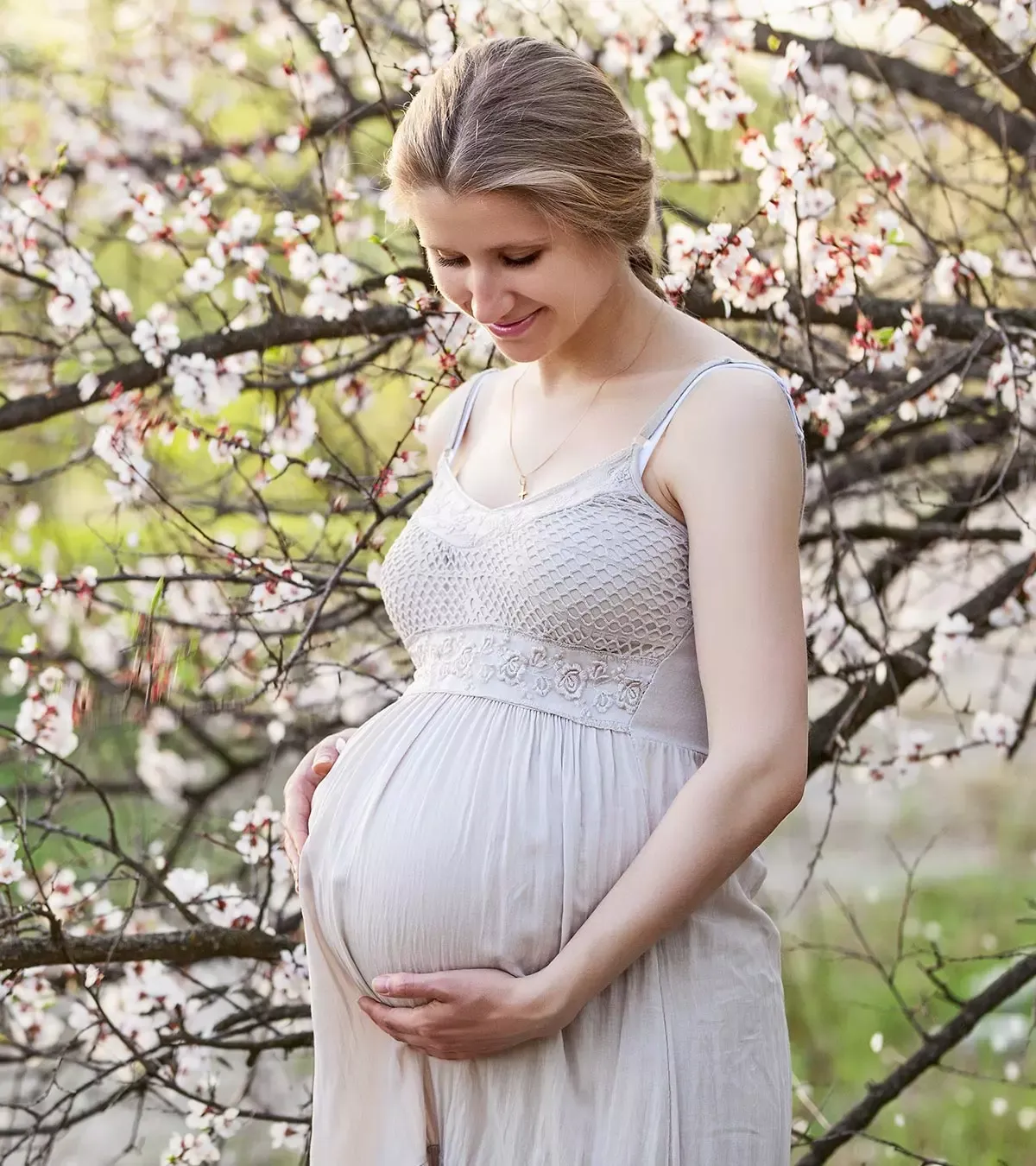In a groundbreaking advancement for reproductive health, scientists have successfully cultivated human eggs in laboratory conditions. This pioneering research, which emerged in 2017, has the potential to reshape fertility treatments and provide hope to those facing challenges in conceiving.
The process involves taking ovarian tissue and utilizing advanced techniques to stimulate the growth of immature eggs into fully developed oocytes. This development could offer a new avenue for individuals struggling with infertility due to various factors, including age or medical conditions. Researchers believe that lab-grown eggs could one day be used in conjunction with in vitro fertilization (IVF) to enhance success rates and provide more options for aspiring parents.
For those who’ve encountered setbacks in their journey to parenthood, such as failed intrauterine insemination (IUI), this innovation could be a beacon of hope. As we navigate the complexities of fertility, it’s crucial to explore all available options. You can read more about overcoming health obstacles in our blog post on overcoming health obstacles and failed IUI.
While this research is still in its infancy, it signifies a monumental shift towards understanding human reproductive biology and addressing infertility. As the science progresses, we may see a future where lab-grown eggs become a standard part of fertility treatments, empowering individuals to take control of their reproductive health.
As always, if you’re seeking more information, the CDC’s FAQ on infertility is an excellent resource for understanding the broader context of fertility and the various options available.
In summary, the development of lab-grown human eggs represents a significant leap forward in reproductive science, offering new possibilities for those facing fertility challenges. As research continues, we can look forward to more innovations that may help families achieve their dreams of parenthood.
